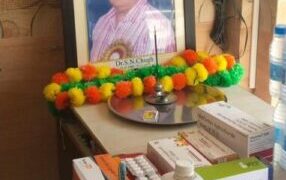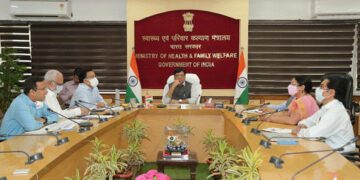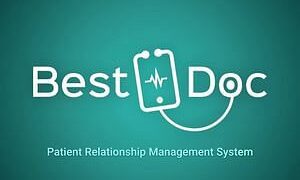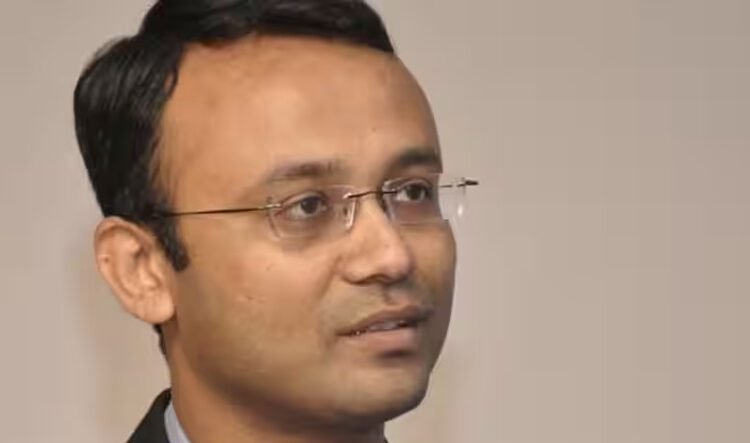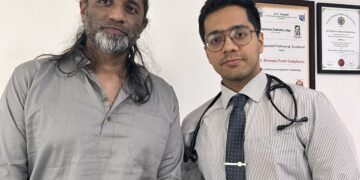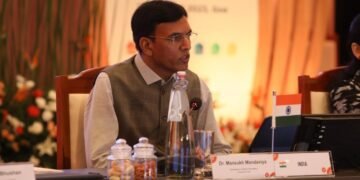By Health In Five Writer
The untimely death of Dr. Gaurav Gandhi, a well-known cardiologist from Gujarat who had performed over 16,000 heart surgeries, has shocked the medical community. At the age of 41, Gandhi succumbed to a heart attack, underscoring the rising trend of heart-related ailments among the younger population.
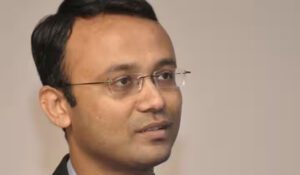
Despite being in seemingly good health, Gandhi collapsed at his home and died within 45 minutes of reaching the hospital. This unfortunate event raises pressing questions about why young, seemingly healthy individuals are succumbing to heart attacks. Health experts point to factors such as unhealthy lifestyle habits, stress, and underlying conditions like high cholesterol, high blood pressure, and diabetes that often go unnoticed due to their silent nature.
Recognizing the Signs
Timely medical help can treat heart attacks if major signs are not ignored. These include chest pain, discomfort, weakness, pain in the jaw, neck, and back, and shortness of breath. Particularly in women, nausea, vomiting, tiredness, and abdominal pain can also indicate heart problems. Many people tend to overlook these initial signs, allowing the disease to progress to advanced levels.
Essential Heart Health Assessments
The rising incidence of heart failure, heart attack, and stroke warrants routine heart health assessments. Various tests can provide essential information about heart health, such as Electrocardiogram (ECG), Stress test, Echocardiogram, Cardiac catheterization, Blood tests, and imaging tests like CT scan or MRI. The choice of tests may vary depending on individual circumstances, symptoms, or risk factors, highlighting the importance of consultation with healthcare professionals.
Subscribe on WhatsApp & Telegram to receive real time updates
Follow Health In Five on LinkedIn, Facebook, Twitter & Instagram




